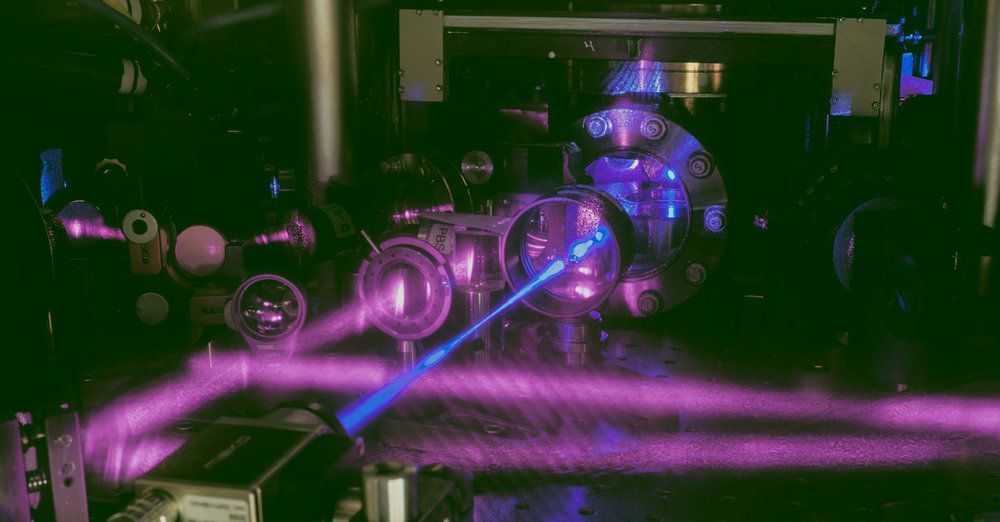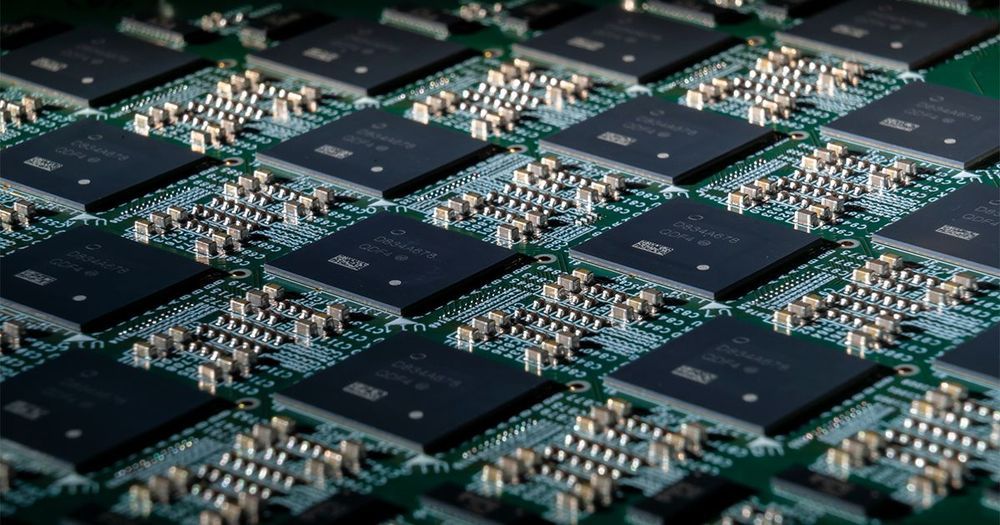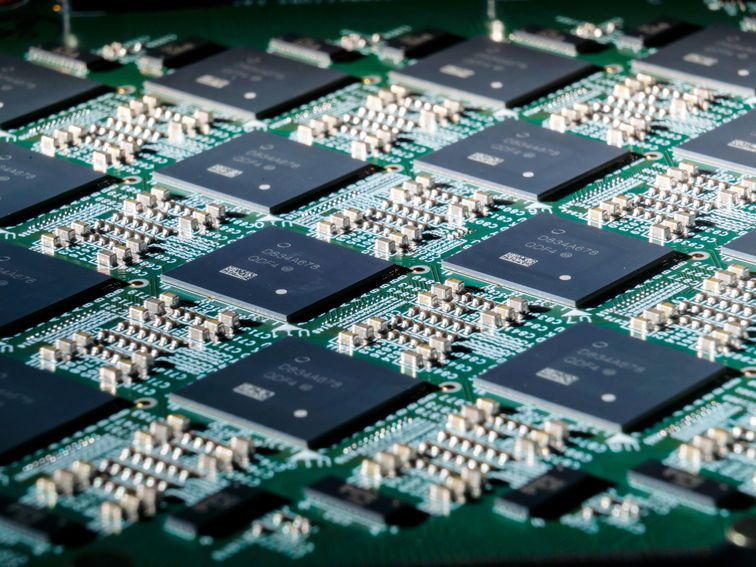Tonight Elon Musk will present the results of Neuralink’s work on brain-computer interfaces, watch live right here.



Lets meet to talk brain computer interfaces, neuroscience, collaboration and coding. Lets pitch projects to one another, join existing projects, write code together, build new brain computer interfaces and more.
Thinking about past NeurotechX SF meetups I think I like the Salon aspect the most, where people just meet up to talk about neuroscience, brain computer interfaces and coding. So I’m renaming this event series to “Neurotech Salon”, it’s every two weeks in San Francisco at the Red Victorian! Get ready to meet interesting people to talk about things like the future of brain machine interfaces, you can pitch your project, or perhaps join someone elses project, you can talk about your work in developing software, hardware, or your work in medical research, or talk about your studies as an academic.
Confirm your RSVP by making a charitable donation to a real charity like this one here https://www.facebook.com/donate/837355799969191/ in the amount of $5 dollars or more. If you feel like you can’t afford it just skip a meal, and take the money you would have paid for that meal and apply it to this event.

Atom Computing is building quantum computers using individually controlled atoms.
Ben has shown that neutral atoms could be more scalable, and could build a stable solution to create and maintain controlled quantum states. He used his expertise to lead efforts at Intel on their 10nm semiconductor chip, and then to lead research and development of the first cloud-accessible quantum computer at Rigetti.

Ferrofluids, with their mesmeric display of shape-shifting spikes, are a favorite exhibit in science shows. These eye-catching examples of magnetic fields in action could become even more dramatic through computational work that captures their motion.
A KAUST research team has now developed a computer model of ferrofluid motion that could be used to design even grander ferrofluid displays. The work is a stepping stone to using simulation to inform the use of ferrofluids in broad range of practical applications, such as medicine, acoustics, radar-absorbing materials and nanoelectronics.
Ferrofluids were developed by NASA in the 1960s as a way to pump fuels in low gravity. They comprise nanoscale magnetic particles of iron-laden compounds suspended in a liquid. In the absence of a magnetic field, ferrofluids possess a perfectly smooth surface. But when a magnet is brought close to the ferrofluid, the particles rapidly align with the magnetic field, forming the characteristic spiky appearance. If a magnetic object is placed in the ferrofluid, the spikes will even climb the object before cascading back down.


Time goes in one direction: forward. Little boys become old men but not vice versa; teacups shatter but never spontaneously reassemble. This cruel and immutable property of the universe, called the “arrow of time,” is fundamentally a consequence of the second law of thermodynamics, which dictates that systems will always tend to become more disordered over time. But recently, researchers from the U.S. and Russia have bent that arrow just a bit — at least for subatomic particles.
In the new study, published Tuesday (Mar. 12) in the journal Scientific Reports, researchers manipulated the arrow of time using a very tiny quantum computer made of two quantum particles, known as qubits, that performed calculations. [Twisted Physics: 7 Mind-Blowing Findings]
At the subatomic scale, where the odd rules of quantum mechanics hold sway, physicists describe the state of systems through a mathematical construct called a wave function. This function is an expression of all the possible states the system could be in — even, in the case of a particle, all the possible locations it could be in — and the probability of the system being in any of those states at any given time. Generally, as time passes, wave functions spread out; a particle’s possible location can be farther away if you wait an hour than if you wait 5 minutes.


Play some video games.
By converting our sims to HTML5, we make them seamlessly available across platforms and devices. Whether you have laptops, iPads, chromebooks, or BYOD, your favorite PhET sims are always right at your fingertips.
Become part of our mission today, and transform the learning experiences of students everywhere!
PhET Quick Tips

In an incredible first, scientists have captured the world’s first actual photo of quantum entanglement — a phenomenon so strange, physicist Albert Einstein famously described it as ‘spooky action at a distance’.
The image was captured by physicists at the University of Glasgow in Scotland, and it’s so breathtaking we can’t stop staring.
It might not look like much, but just stop and think about it for a second: this fuzzy grey image is the first time we’ve seen the particle interaction that underpins the strange science of quantum mechanics and forms the basis of quantum computing.